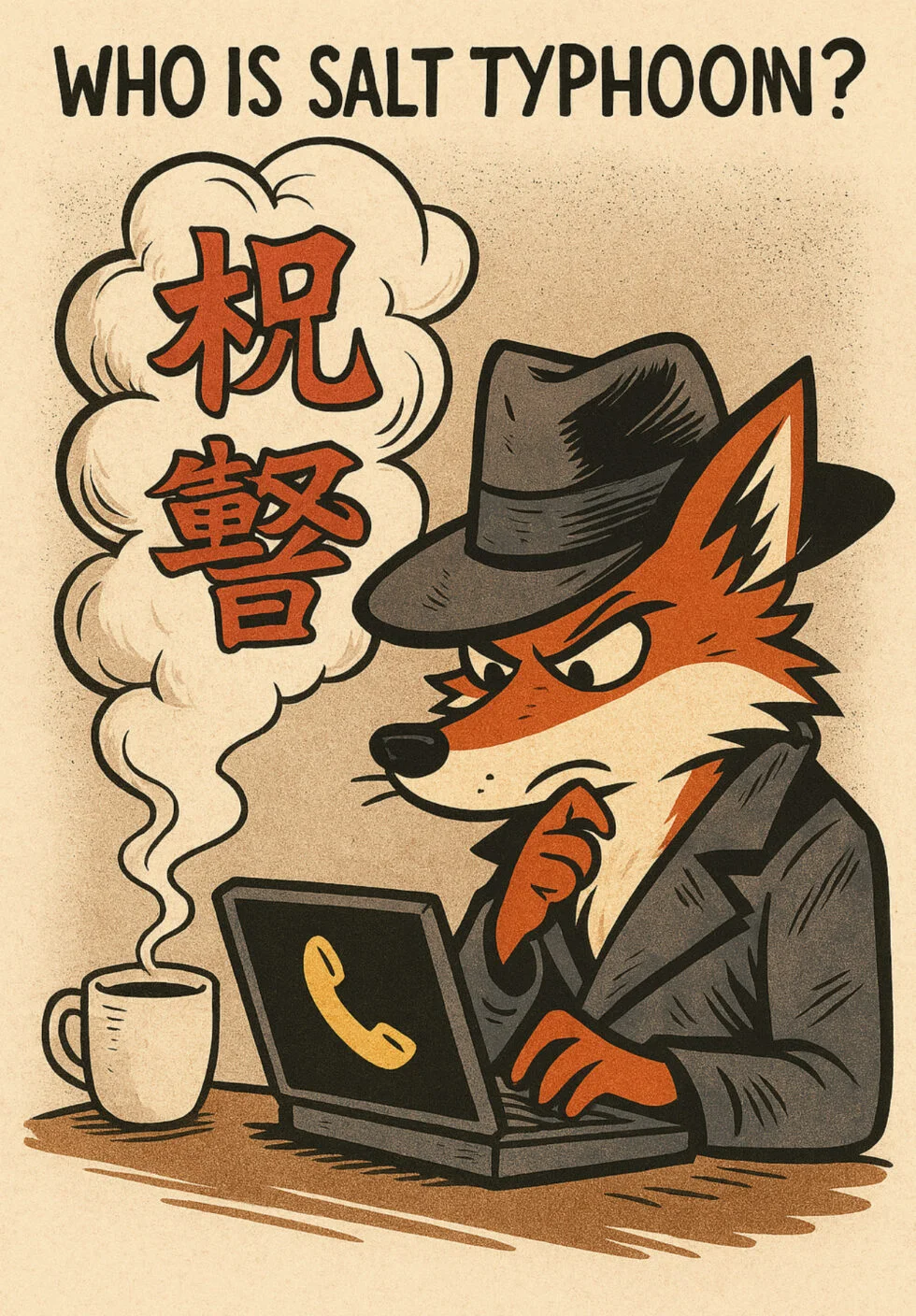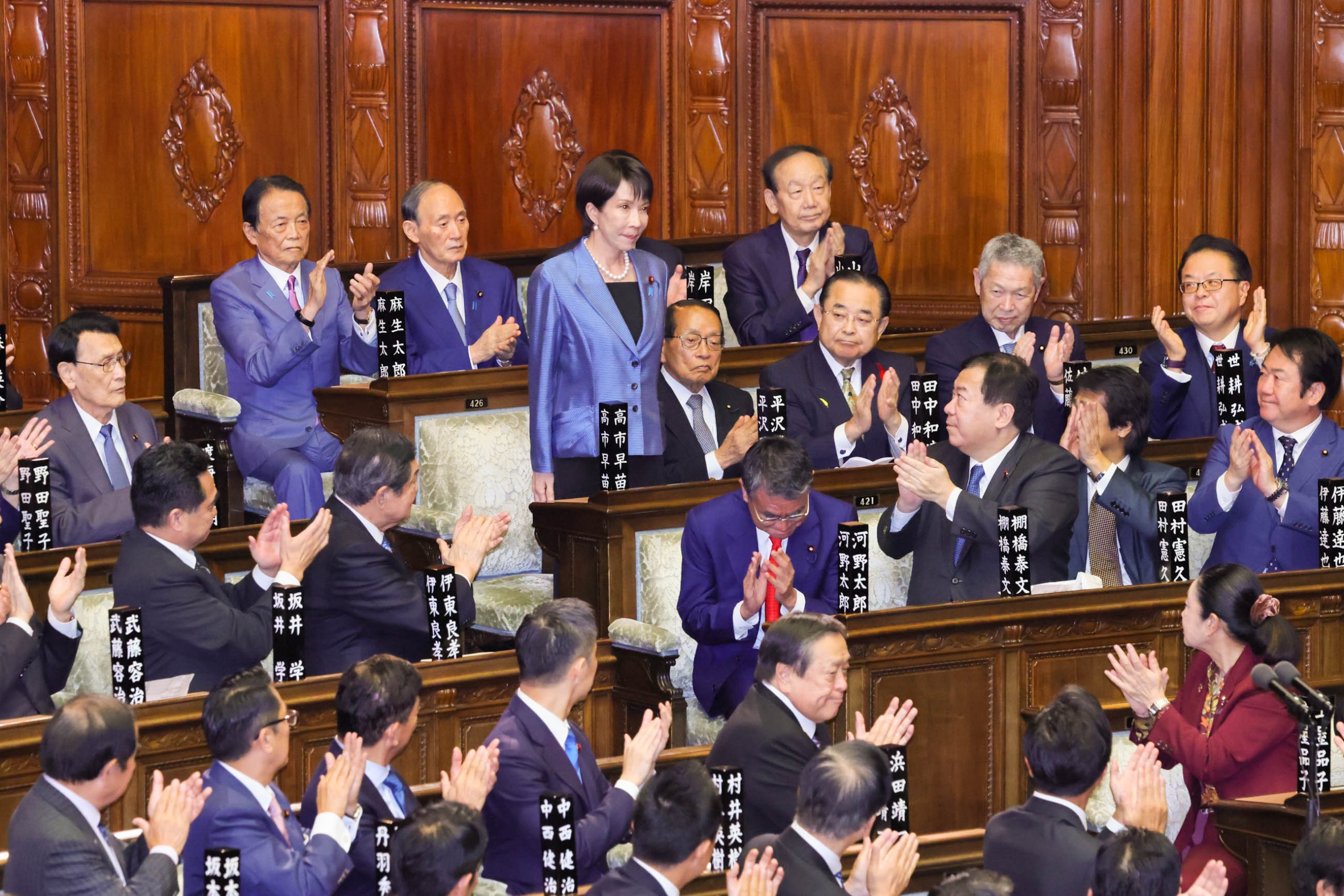After indoctrination in internment camps, Muslims are sent outside Xinjiang to be further “transformed” through work in conditions reminiscent of those in captivity.
by Ye Ling
Residents of a village under the jurisdiction of Jinjiang city in the southeastern province of Fujian gathered one day in November in a local ancestral hall for festivities dedicated to paying tribute to their forefathers. Ancestral halls, usually associated with China’s folk religions, are omnipresent throughout rural areas in the country and are used for offering sacrifice and honoring ancestors, and other community activities. The program that day included a show of Uyghur folk dances, which the participants watched while enjoying their food. The young people on stage, however, were not professional dancers – they were Uyghur Muslims from the Xinjiang Uyghur Autonomous Region who have been relocated to Fujian to work in local factories.
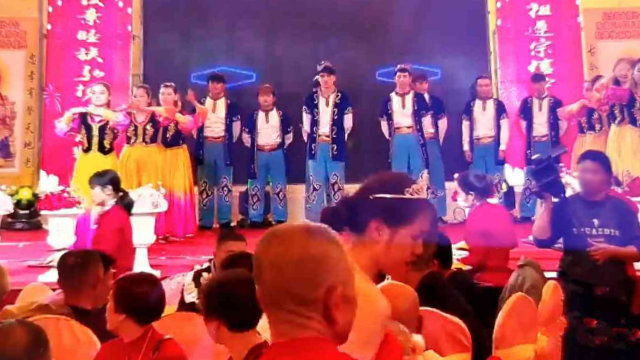
Indoctrination continues
The young performers were brought to the village by the police, so it was impossible to talk to them. An informed source who requested anonymity told Bitter Winter more about these Uyghurs. According to him, this was not the first time they were forced to perform in the area. In October, the group entertained people at a Buddhist temple, and police officers also accompanied them there.
“I could tell that these young Uyghurs felt utterly humiliated performing in the temple. It feels like indoctrination to them. The authorities are striving to eradicate anything that has been left of their faith by forcing them to perform in venues of other religions,” the source said, adding that Uyghurs are threatened and intimidated to take part in these performances.
Uyghurs perform national dances for residents of a village in Jinjiang city:
“The government portrays Uyghurs as ‘terrorists’ in their propaganda. All of these Uyghurs had been detained in transformation through education camps. Some have just been released before being sent by the government to work here,” the source continued. “If they refused to leave Xinjiang to work elsewhere in China where the state tells them, they would be sent back to internment camps. They are being sent to work outside Xinjiang for ‘social stability’ and to further ‘liberate’ them from Islam and ‘extremism,’ to ‘sinicize’ them so that they can be forcefully integrated into Han Chinese society. These forced labor programs are nothing else but the continuation of mandatory indoctrination for Uyghur Muslims outside camps.”
The factory where the “performers” are employed is under constant surveillance, and government officials and police officers are stationed at all times to monitor the workers. All religious activities are banned – no reading of the Quran or praying. The government has assigned people to “educate” Uyghurs, who are given lessons in patriotism, government laws and regulations, as well as Mandarin. On Mondays, they have to attend mandatory national flag-raising ceremonies and sing the national anthem. “Police officers are monitoring and recording the ceremonies. Those who don’t participate are punished,” the source said.
One of the Uyghurs who has been sent to work to Fujian revealed to Bitter Winter that police officers randomly examine their cellphones for religion-related content; their dorms are also frequently inspected. According to him, if a copy of the Quran is found, its owner could be sent back to transformation through education camps for three to five years.
Poverty alleviation through forced labor
According to Adrian Zenz, senior fellow in China Studies at the Victims of Communism Memorial Foundation in the US, “Since the second half of 2018, limited but apparently growing numbers of detainees have been released into different forms of forced labor.” In his recently published article in the Journal of Political Risk, Dr. Zenz states that “[…] Beijing’s labor schemes in the region involve the essentially mandatory relocation of large numbers of minority workers from Xinjiang to participating companies in eastern China. Soon, many or most products made in China that rely at least in part on low-skilled, labor-intensive manufacturing, may contain elements of involuntary ethnic minority labor from Xinjiang.”
The regime claims that the relocation of Uyghurs from Xinjiang is part of the “poverty alleviation” scheme – President Xi Jinping’s policy, launched in 2015, that is supposed to lift 70 million impoverished households out of poverty by 2020. As with other means employed by the state to achieve this unattainable goal, the relocation of Uyghurs is not intended to help people live better.
According to our source, Uyghur workers in a factory in Quanzhou, a port city in Fujian, are made to work on average 13 hours per day, but their monthly salary ranges from 2,800 to 3,000 RMB (about $ 400-430), while Han workers’ pay in the same factory is from 6,000 to 8,000 RMB (about $ 858-1,145), without working much overtime.
“We are exhausted every day because we have to work overtime. Even if we want to pray in secret, we don’t have the time and energy. And I’m afraid that, as time goes by, I would eventually forget my faith,” an Uyghur worker sin the factory aid, visibly distraught.
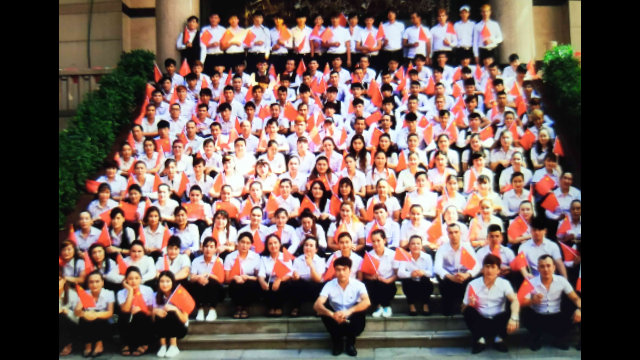
Deprived of freedom
In the Quanzhou factory, the dorms where Uyghur workers live are different from those inhabited by Hans. An iron gate has been installed at the entrance, and surveillance cameras dot each staircase. Every night, when Uyghur workers are back in the dorms, a government official, accompanied by two police officers from Xinjiang who are stationed in the factory, and local police representatives do the roll call of all Uyghurs to ensure that no one is missing. Uyghur workers are not allowed to leave the factory or dorms at will.
According to a management employee at a factory in Fujian where over 60 Uyghurs from Xinjiang have been working since last year, they all have to learn Mandarin every night. “Even when they want to go outside and relax for a while, police officers always accompany them. They are just like in prison, completely deprived of their freedom,” the factory staff member added.
Government officials and the police in Xinjiang are cooperating closely with colleagues in the locations where Uyghurs have been sent to work to ensure that the workers are under strict management and control. In factories where large numbers of Uyghurs work, one official is assigned to manage 50 Uyghurs, assisted by police officers who are also stationed on site. Local public security bureaus confiscate the workers’ IDs to ensure that they don’t leave.
Another Uyghur with whom Bitter Winter managed to talk to, said that the worst thing for him is that he has lost his freedom. He feels exhausted and homesick. The man’s face lit up a bit only when he talked about his hometown in Xinjiang, full of orchards with jujubes, walnuts, and grapes. He smiled when remembering vacations during the snowy winter months.
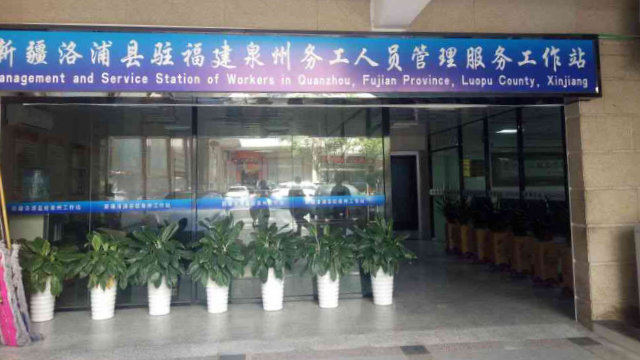
Reportedly, factories in other provinces – Zhejiang, Guangdong, Jiangxi, and others – have been employing former inmates of Xinjiang’s transformation through education camps. Reportedly, in Quzhou, a prefecture-level city in Zhejiang Province, alone, at least 20 factories employ several thousand Muslims from Xinjiang. Informed sources told Bitter Winter that more ethnic minorities from Xinjiang are planned to be transferred in groups to other places across the country.
Xinjiang governor Shohrat Zakir declared at a press conference on December 9 that all “students” in transformation through education camps in Xinjiang have “completed their courses” and “realized stable employment [and] improved their quality of life.” The so-called “training” in the future will be based on “independent will,” and people will have “the freedom to come and go,” the official claimed. Even if it were true, forced labor in prison-like conditions far away from home could hardly be qualified as “freedom.”
Source:Bitter Winter



